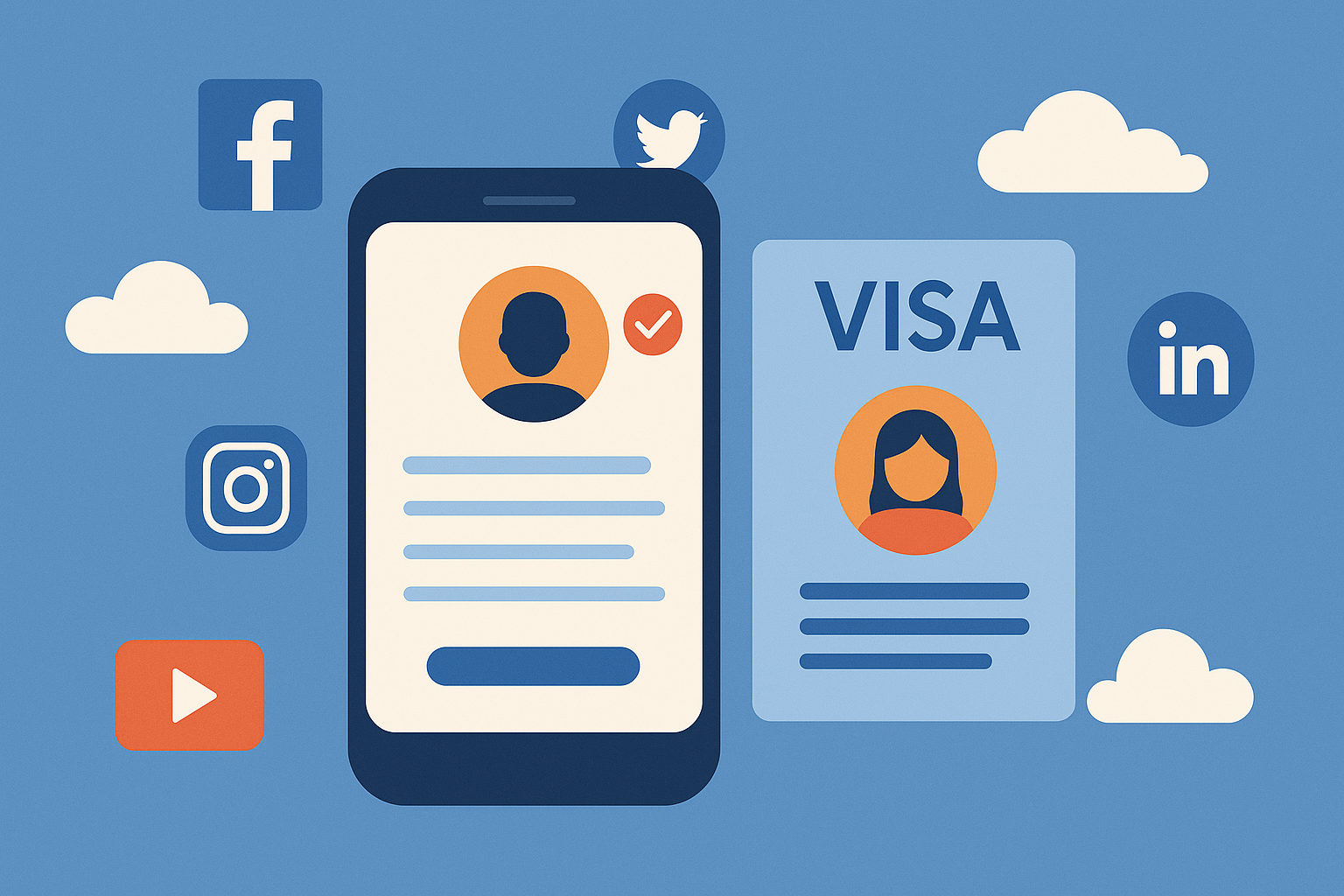If you’re planning to study in the United States this year, there’s an important new rule to follow—one that begins with your Instagram and Facebook privacy settings.
“Effective immediately, all individuals applying for an F, M, or J nonimmigrant visa are requested to adjust the privacy settings on all of their social media accounts to ‘public’ to facilitate vetting necessary to establish their identity and admissibility to the United States under US law,”the embassy stated in an official notice.
Why This Rule Matters
US Visa Types (F, M, J) – At a Glance
-
F-1 Visa: For students in academic programs (universities, schools, language courses).
-
M-1 Visa: For students in vocational or technical training (e.g., mechanical, culinary).
-
J-1 Visa: For exchange visitors (researchers, scholars, interns, cultural exchange).
All are non-immigrant visas for temporary stay in the U.S.
This change comes shortly after the US resumed processing F-1 student visas, following a temporary pause. According to The Guardian, the move is part of an effort by US officials to screen online presence for any signs of hostility towards American values, institutions, or citizens.
Those who fail to adjust their privacy settings may raise suspicion during the interview process and could be viewed as hiding information.
What This Means for Indian Students
With thousands of Indian students preparing for the Fall 2025 intake, the announcement has added another layer of preparation and stress.
“It’s good news, bad news,” said Shaun Carver, Executive Director of International House at the University of California, Berkeley.
“I’m happy that interviews are opening up again, because students were running out of time to get here in the fall. But there’s still a lot of uncertainty.”
Student Voices: Mixed Reactions to ‘Public Social Media’ Rule
The US Embassy’s directive to make social media accounts public has sparked debate among Indian students preparing for overseas education.
“Honestly, it makes sense,” says Neha J, a 21-year-old applicant to a California university.
“Our generation lives online. You can get to know someone’s character, vibe, even red flags by checking their social feed. It’s part of digital identity now.”
But not everyone agrees.
“What rubbish,” counters Rishi P, an M.Sc. aspirant from Pune.
“What if someone prefers to stay off social media? Are they now being punished for that? Also, most platforms are free—anyone can make a fake account. How does verifying that prove anything?”
The embassy has not clarified how long social media profiles must remain public or what exact content will be reviewed. However, experts advise keeping posts neutral and avoiding politically sensitive or anti-government remarks.
Tips for Applicants
-
✅ Check and update your privacy settings on all listed platforms (e.g., Facebook, Instagram, Twitter, LinkedIn).
-
✅ Avoid deleting posts suddenly—this could also be flagged.
-
✅ Stick to clear, consistent usernames to help verification.
-
✅ Don’t panic—this is part of a broader digital vetting strategy, not a personal attack.








